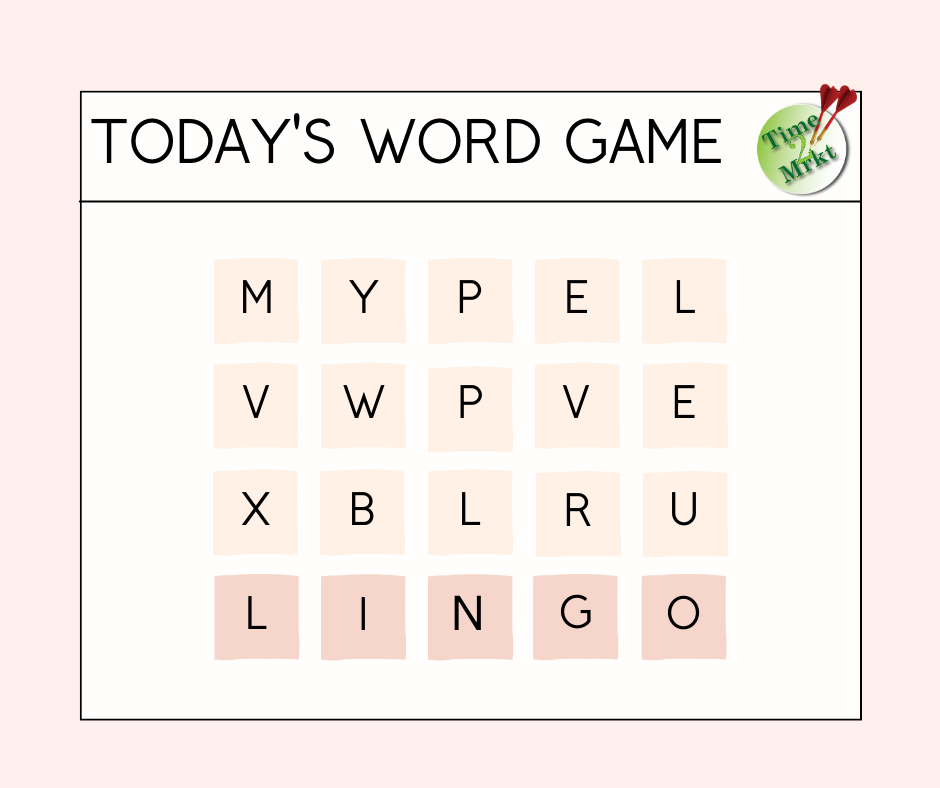Do you work with other generations? Do you want to sound current with your lingo?
I listened to WGN radio the other day while driving. (WGN radio is on in my car most of the time). They were talking about terms that us older folks use that drive Gen Z nuts. So I thought I would do a bit of research and help you sound current with your lingo! It reminds me of the insurance commercial that I see about how not to turn into your parents when you buy a house. To make sure you aren’t sounding sus, take a further look!
Outdated Boomer terms
Here are ten terms that Gen Z often finds outdated or cringeworthy when used by Boomers:
- “Adulting”:
- While some younger people use this term humorously, many find it overused and annoying when older generations use it.
- “Millennial”:
- Misused to refer to anyone young, it annoys Gen Z who don’t identify with this generation.
- “YOLO” (You Only Live Once):
- Seen as a dated expression that was popularized in the early 2010s.
- “Selfie”:
- The term itself isn’t hated, but older adults overemphasizing it can feel awkward.
- “On fleek”:
- An outdated phrase that was popular a few years ago and now feels old-fashioned.
- “Hip”:
- Considered an out-of-touch way to describe something trendy or cool.
- “Snapchatting”:
- Using a platform’s name as a verb, especially when it’s less popular among Gen Z compared to other platforms like TikTok.
- “Hashtag”:
- Overuse of the word in conversation, especially when not actually using social media, can seem awkward and forced.
- “FOMO” (Fear of Missing Out):
- Although still relevant, the overuse by older generations can make it feel less genuine.
- “Triggered”:
- Used casually to mean being mildly annoyed, it can diminish the serious context in which the term originated, leading to frustration.
These terms often feel forced or out of touch when used by older generations, creating a disconnect with younger audiences.
Gen Z terms
Here are ten popular slang terms commonly used by Gen Z to describe things:
- “Bet”:
- Means “okay” or “yes” and can be used to affirm something or agree to a plan.
- “Lit”:
- Describes something that is exciting, fun, or excellent.
- “Cap/No Cap”:
- “Cap” means a lie, while “no cap” means no lie or truth. Used to call out honesty or dishonesty.
- “Salty”:
- Describes someone who is bitter, upset, or annoyed.
- “GOAT”:
- Stands for “Greatest Of All Time” and is used to describe someone who is the best in what they do.
- “Slay”:
- Means to do something exceptionally well or to look great.
- “Flex”:
- To show off or brag about something.
- “Drip”:
- Refers to stylish or fashionable clothing and accessories.
- “Tea”:
- Gossip or interesting news. “Spill the tea” means to share the gossip.
- “Fam”:
- Short for family, but used to refer to close friends or a group of people one considers close.
These terms are part of Gen Z’s everyday language and reflect their unique cultural and social expressions.
Triggers
Here are some other phrases that might trigger malcontent or frustration with Gen Z:
- “Pull yourself up by your bootstraps.”
- Often perceived as dismissive of systemic challenges and inequalities.
- “That’s just the way it is.”
- Seen as a refusal to acknowledge or work towards change and improvement.
- “Because I said so.”
- Lacks transparency and reasoning, which Gen Z values in leadership.
- “You’re too young to understand.”
- Patronizing and dismissive of their knowledge and perspectives.
- “You need thicker skin.”
- Dismisses legitimate concerns about workplace culture and personal boundaries.
- “Work hard, play hard.”
- Implies an expectation of excessive work hours and blurs work-life boundaries.
- “This is how we’ve always done it.”
- Resistant to innovation and new approaches.
- “You need to pay your dues.”
- Suggests outdated hierarchical progression, which Gen Z finds frustrating.
- “That’s above your pay grade.”
- Can come off as dismissive of input and stifling to those seeking growth and understanding.
- “You shouldn’t mix personal beliefs with work.”
- Gen Z values authenticity and social responsibility, finding it difficult to separate personal values from professional life.
These phrases can create tension and dissatisfaction by clashing with Gen Z’s values of inclusivity, transparency, innovation, and work-life balance.
Generations
The generational cohorts typically span the following birth years, though exact definitions can vary slightly depending on the source:
- The Silent Generation:
- Born 1928-1945
- Baby Boomers:
- Born 1946-1964
- Generation X:
- Born 1965-1980
- Millennials (Generation Y):
- Born 1981-1996
- Generation Z:
- Born 1997-2012
- Generation Alpha:
- Born 2013-present
These ranges are based on common definitions used by demographers and researchers, such as those from the Pew Research Center.